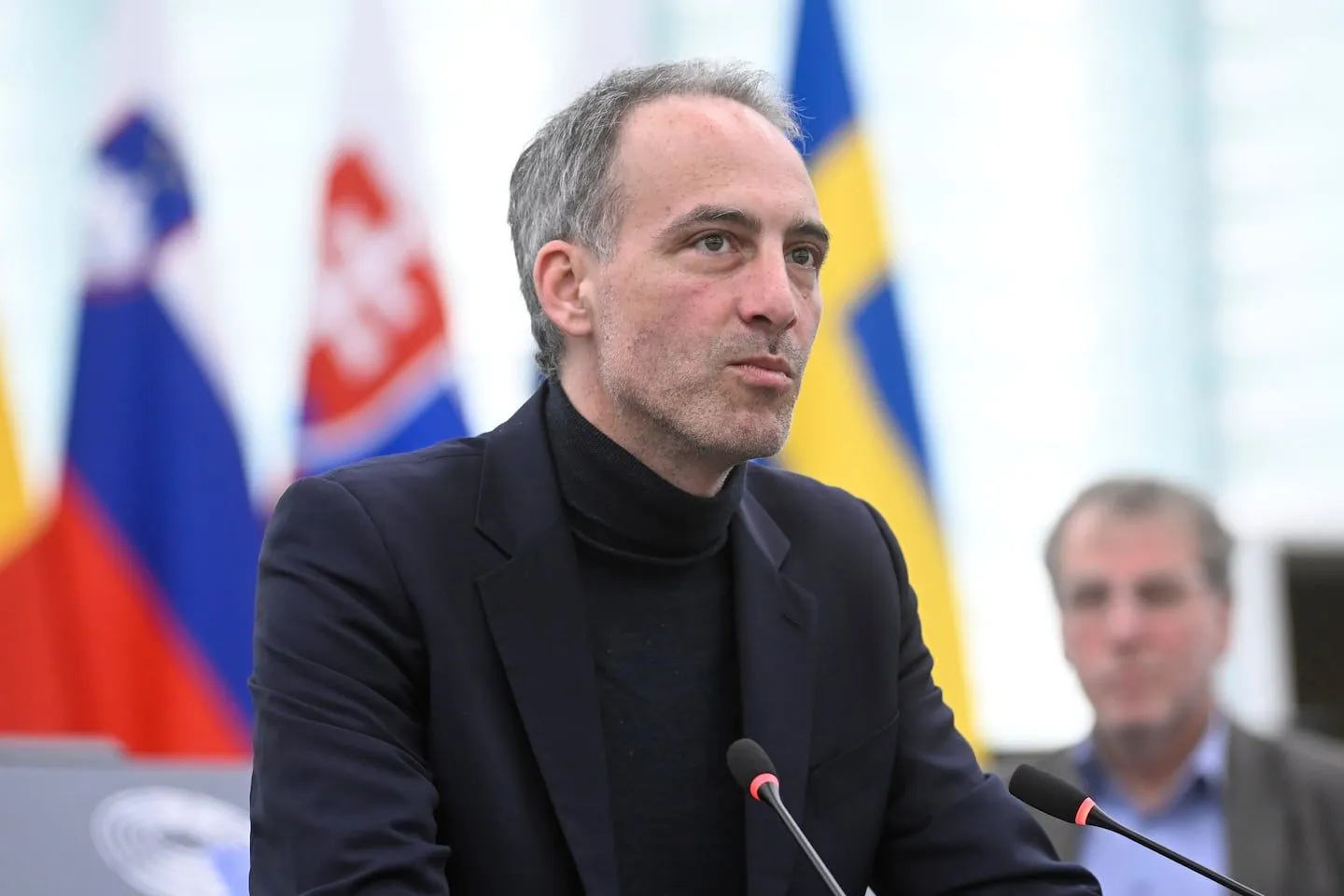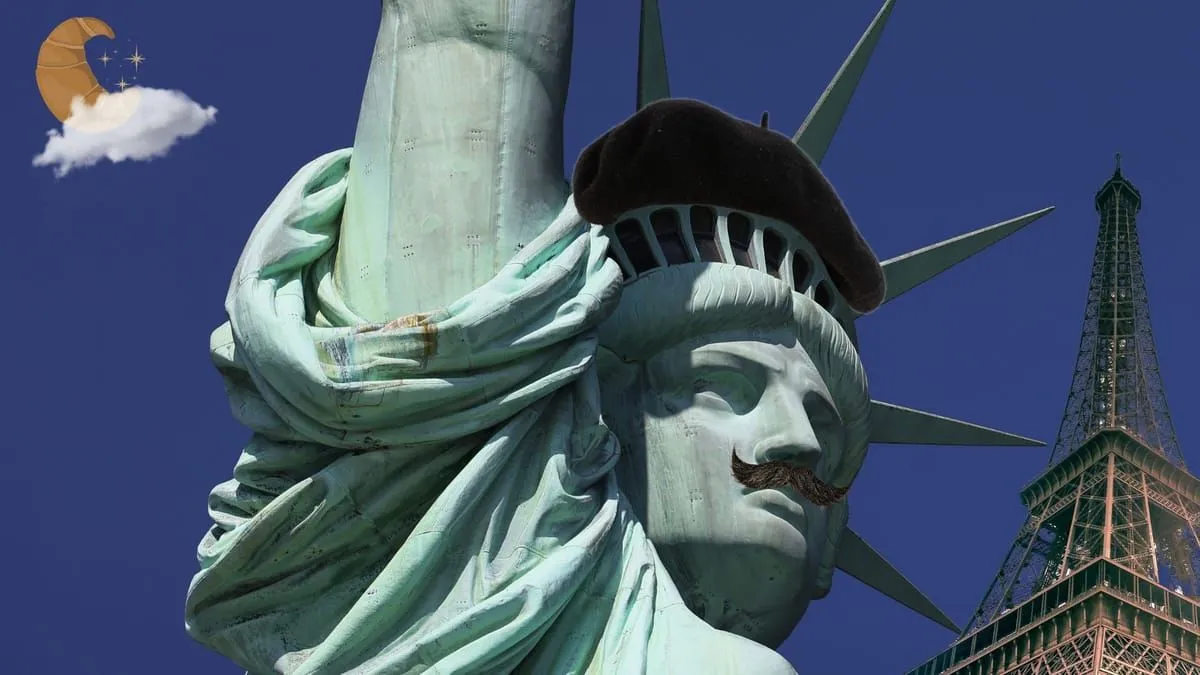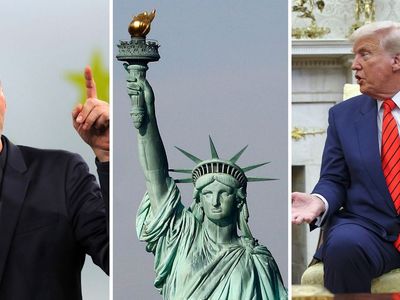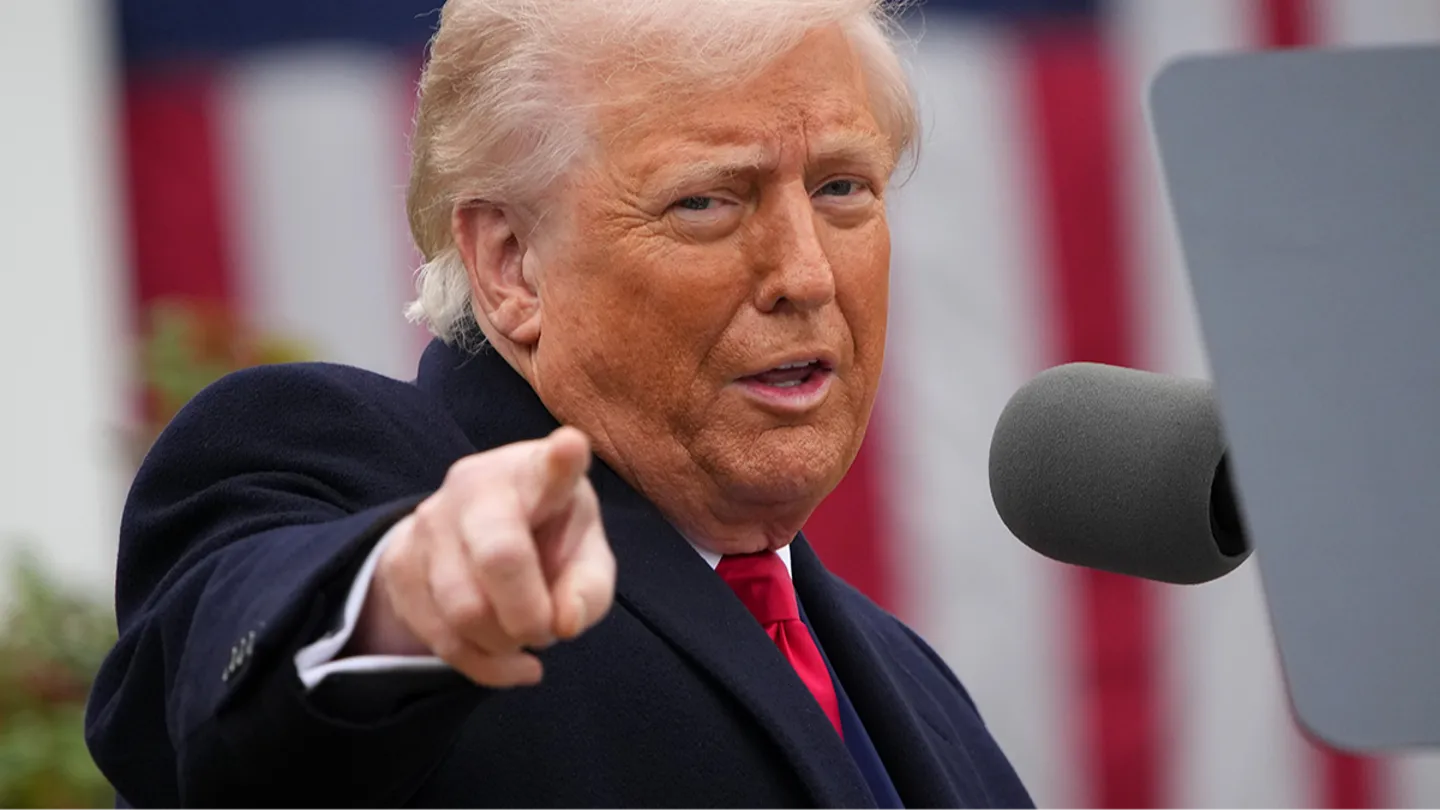French politician demands America returns the Statue of Liberty after 140 years
The Statue of Liberty has grown into a cherished and essential symbol for the United States, but now French political figure Raphael Glucksmann wants Lady Liberty brought back to France. Though strongly linked to New York and American identity, Lady Liberty actually originated in France and has a twin statue standing in Paris. The concept first emerged in 1865, when Edouard de Laboulaye, a French intellectual and opponent of slavery, suggested creating the statue to celebrate the 100-year anniversary of American independence and symbolize friendship between the United States and France.

French sculptor Auguste Bartholdi crafted the statue before its delivery to America on June 17, 1885. Workers installed it on Bedloe's Island in 1886, where it has stood until today—but perhaps not for much longer?
During rising political friction between the US and Europe, Glucksmann, who represents the center-left in France, stated that the US should "give France back the Statue of Liberty." At his Place Publique movement's convention, he elaborated: "We're going to say to the Americans who have chosen to side with the tyrants, to the Americans who fired researchers for demanding scientific freedom: 'Give us back the Statue of Liberty.'"
He added, "'We gave it to you as a gift, but apparently you despise it. So it will be just fine here at home'."
Glucksmann made these remarks after US President Donald Trump imposed 25 percent tariffs on all steel and aluminum imports to the US—a decision that prompted the European Commission to create its own tariffs against American goods. Trump then escalated matters by threatening a 200 percent tariff on "wines, champagne and alcoholic products" coming from France and other European nations.

During this trade dispute, Glucksmann has also criticized Trump's handling of the Ukraine-Russia conflict, which included reducing US military support to Ukraine, plus his cuts to federal research funding. The French politician suggested France would welcome not just the statue but also researchers who lost their jobs.
He stated: "The next message we will convey to the Americans is: 'should you dismiss your finest scientists, should you remove all those individuals who, through their independence and creative thinking, their appreciation for questioning and investigation, have transformed your nation into the global leader, then we will open our doors to them'."



